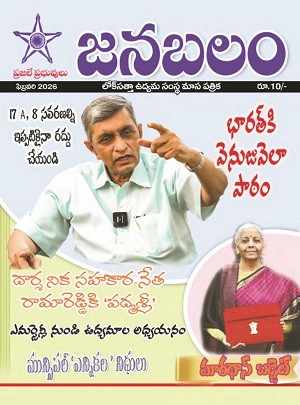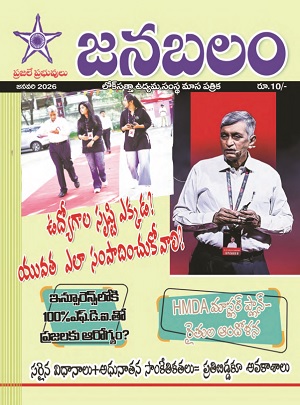The debate generated by Aamir Khan’s Satyameva Jayate episode on medical care gives us a chance to take a hard look at where we are, and take remedial measures. We must first recognise that there are countless doctors, nurses and paramedics who are doing a fantastic job in difficult circumstances. Tens of thousands of family physicians and small-town doctors work 80-hour weeks, are available round-the-clock, provide a variety of services at a nominal cost. It is these clinicians and paramedics who have provided care to the needy when the state failed miserably.
But serious problems exist, and they keep getting worse. Greed and corruption are spreading, undermining patients’ trust in doctors. In the medical profession, more than anywhere else, trust is a vital element. When public trust is eroded, both people and doctors suffer. The failure of the government in creating the minimum infrastructure to deliver services of acceptable quality and the failure of primary and preventive care has shifted the burden to the private sector. At the root of this crisis is a monumental political failure.
With daily advances in technology, the cost of healthcare is rising faster than the GDP. Each of us wants the best, and “the best” costs a lot. And most of it is needless. A tertiary care corporate hospital tends to be over-capitalised. There are three big costs— physical infrastructure and amenities comparable to a 5-star hotel; extremely expensive, state-of-the-art equipment; and high cost, highly skilled specialists and professionals. Once billing and revenue become critical for bottomlines, patient-care becomes secondary. Malpractices for referrals and diagnostics and over-billing and needless procedures become endemic when high-cost tertiary care dominates over family practice.
There is also a failure to recognise the limits of modern medicine. There are limits. Doctors are not gods. There are many conditions in which the doctor can at best be supportive; and one day all of us have to meet our maker. The great physician William Osler said, “I only dress the wounds; nature heals.” Today, in a hedonistic world, we have lost this sense of humility—we want endless, healthy lives and doctors dare not, or choose not to, tell us there are limits. Many costly interventions are futile and only bankrupt us.
Of course, a parent desperate to save the life of her child cannot fight as a consumer. There is an inherent asymmetry of power between the doctor and the patient. And the cost of failure in medicine is horrendous—life, limb, pain and misery. Therefore, professional regulation is especially important in medicine. Elsewhere, self-regulation did work. Doctors acted with enlightened self-interest and punished the black sheep. That ensured trust between society and the profession. In India, given our poverty and weak citizenry, professional bodies became more like trade unions, protecting their own, rather than defending society from errant colleagues. The net result is all-round mistrust, and great damage to both doctors and people.
I have seen a Dalit woman who, for a caesarean for breach delivery, had to borrow Rs 11,000 (a fair cost for a complicated delivery and surgery) at 15 per cent interest per month, and had to pay Rs 1,650 a month as interest! The private doctor who operated on her in the dead of night was her saviour. He was not the villain. The appaling public health system which could not help her without having to pay is the real culprit. We need to mend it, and build a first-rate system similar to the National Health Service built by Britain in 1948. In the aftermath of war, Britain had neither resources nor technology like we have today. But leaders like Aneurin Bevan had compassion, ability and vision. Can we summon them in today’s India? That is the challenge of our generation.
By Dr.Jayaprakash Narayan
Courtesy: Outlook India
Monday, March 24, 2014
Who’ll Dress The Wounds?
Subscribe to:
Post Comments (Atom)





No comments:
Post a Comment